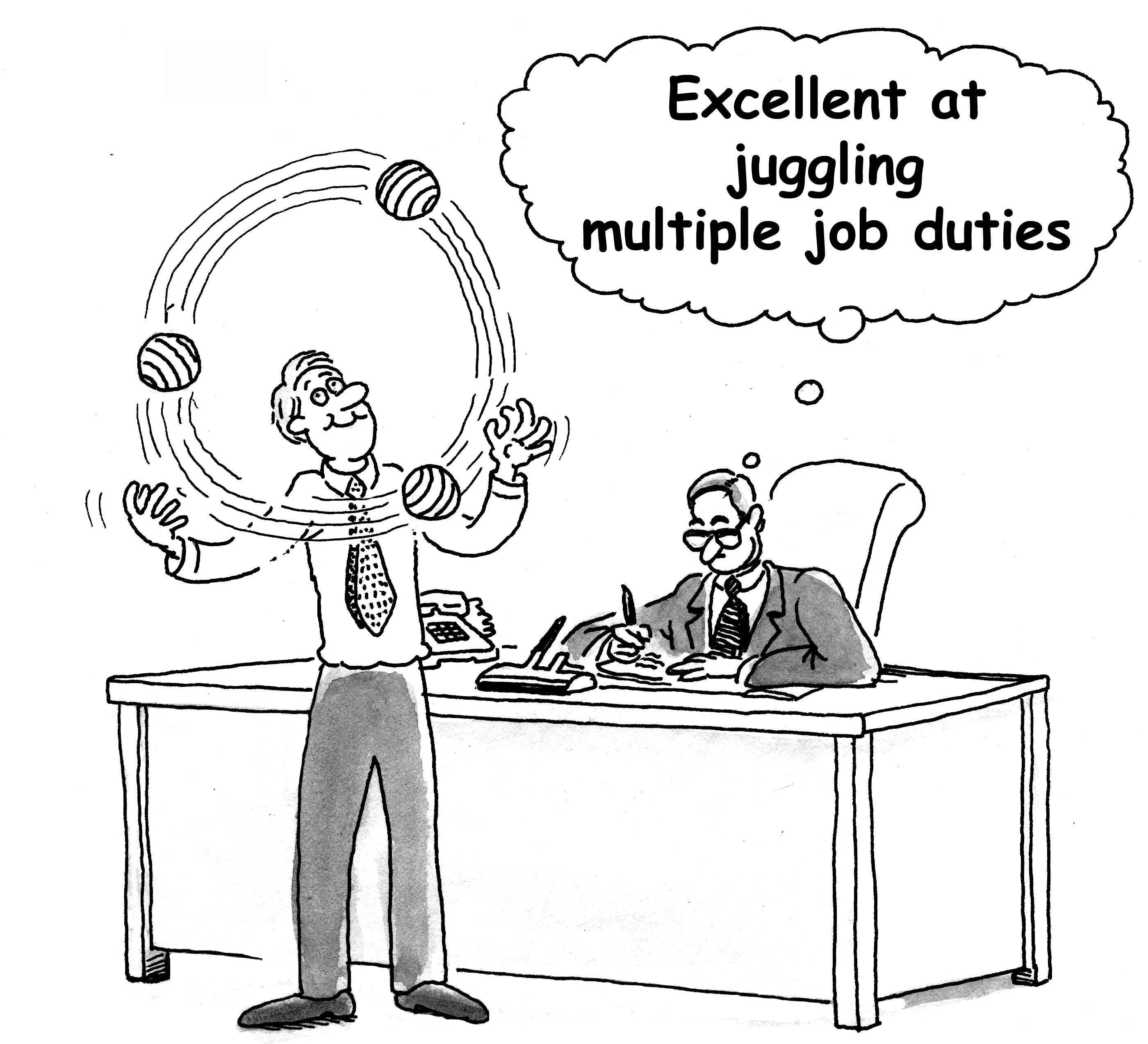While most businesses still honor a formal annual review, gone (or at least they should be) are the days of walking down the hall of uncertainty to your supervisor’s office to hear in ten to fifteen minutes the summation of an entire year’s worth of your efforts.
The smart organization is aware that tiny ongoing corrections and small tweaks are 100 times more valuable than that once a year slap in the face we called a performance review. Businesses must measure performance continuously to stay competitive, and individuals are demanding ongoing feedback to ensure their success. Millenials desire ongoing feedback. Gen Z, less so, but face-to-face when it happens.
So how do leaders provide this level of feedback with the time constraints they have? It doesn’t always need to be one on one, and you can certainly receive some help. There are a host of digital means we can use to keep people in the know regarding performance. With dozens of integrated digital platforms on the market like Salesforce’s Work.com, employees can turn to their peers for help, coaching and honest feedback regarding performance.
Also, developing a company culture that values constant feedback is essential. By creating the perception that feedback is a regular part of daily life for every person, you have reinforced the habit of sharing with others, and created a team environment that is comfortable with giving and receiving help, advice, and wisdom. You’ve ensured your organization will benefit from all its members by creating the open channels needed for professional growth and learning.
What do I do to guarantee employees are on the right track and adding value? Aside from having wonderful collaboration software that allows us to know where every team member is and any struggles we are having, I ensure once a month we come together and discuss what our successes and our “could-have-done-betters” were. We talk openly as a group, helping each other to come up with new ways of handling situations and motivating each other to do better next time. Everyone leaves with action items, including leadership, and we all work on those over the next month. At our next meeting, we talk about how we tackled these items and what were the outcomes. This approach removes the confrontational feelings since all of us are in it together. We are a united team that works to improve ourselves, helps to improve our co-workers and contributes together in improving our organization.
I also spend time on an individual basis each month to discuss issues that need correction as well as highlight the positives. Together, we address any concerns or impediments, discuss training opportunities, and I find out what an employee envisions for their future so I can best align organizational and individual goals. My objective during these meetings is to ensure performance levels are achieved and guarantee our organization is prepared for its future.
Yes, my business still conducts formal annual reviews, but each is a relaxed event considering we have been actively preparing for it over the entire year. There are no surprises, and we are addressing what really has been going on that year – not just a quick snapshot of potentially unfair or magnified events that did not represent the whole picture. Nothing crushes an employee quicker than that.
For me, this system of ongoing communication and review works extremely well. I know what each team member is capable of, where they need more training, who is best for an assignment, who wants to grow and do more and who is struggling and feeling overwhelmed. I feel confident when I assign a resource that they are capable, and willing because I’ve been communicating and helping to ensure they reach their full potential throughout the entire year.
So yes – the annual review is still alive and well, but it’s not the annual review we knew ten or even five years ago. From my standpoint, it has evolved into a review of the proactive work I have done as a leader over the last year to ensure my employee’s success.
Danielle VanZorn, PMP, SPHR, SHRM-SCP



